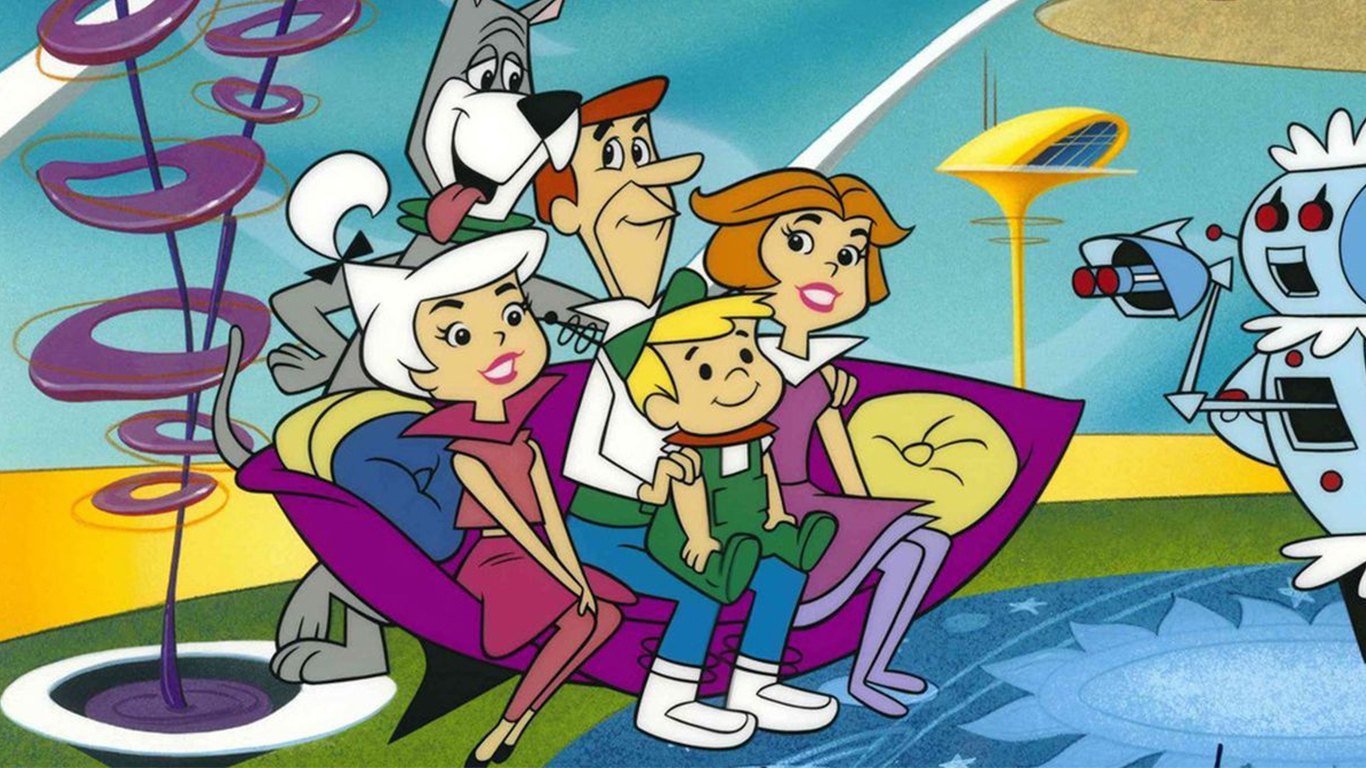
Apple Inc. (NASDAQ: AAPL) sold more stuff in 2021 than in any previous year ever. And those sales were made without the benefit of a game-changing product announcement like the iPhone or the Apple Watch.
Bloomberg’s Mark Gurman has a wrap-up of the products Apple released last year, beginning with April’s launch of AirTags and ending with the October launch of the new MacBook Pro. Some were hits (MacBook Pro, Apple Watch Series 7) and some were not (new AirPods, new HomePod, new Apple TV).
The new year’s batch of expected product announcements includes new iterations of the Mac Pro using Apple’s own silicon, a new Pro Display XDR that may sell for as little as half as much as the current model $5,000 price tag, a 5G-capable iPhone SE, and a virtual/mixed reality headset.
In the subscriber version of his weekly newsletter, Gurman suggests “taking a good look” at the Waymo-Geely concept for fully autonomous taxis because “[t]his is indeed a preview of what Apple wants to do with its first self-driving car: create a machine with no pedals or steering wheels that includes a large touch-screen display.”
Last Friday, the Competition Committee of India, the country’s antitrust watchdog, directed an investigation into Apple’s App Store for violating some of the country’s antitrust laws. A nonprofit organization called Together We Fight Society has claimed that:
Apple uses a barrage of anti-competitive restraints and abuse of dominant practices in markets for distribution of applications (‘apps’) to users of smart mobile phones and tablets, and processing of consumers’ payments for digital content used within iOS mobile apps (‘in-app content’). … Apple also requires app developers who wish to sell digital in-app content to their consumers to use a single payment processing option offered by Apple, which carries a 30% commission. In contrast, app developers can make their products available to users of an Apple personal computer (e.g., Mac or MacBook) in an open market, through a variety of stores or even through direct downloads from a developer’s website, with a variety of payment options and competitive processing fees that average 2-5% (ten times lower than the exorbitant 30% fees which Apple charges for in-app purchases on mobile devices).
Briefly noted:
Apple’s market cap did not quite reach $3 trillion in 2021. At Friday’s closing share price of $177.57, the company’s market value was around $2.91 trillion. The stock needs a price close to $183 a share in order to reach the $3 trillion mark.
In early December, Wedbush analyst Dan Ives reiterated his Outperform rating on Apple stock and maintained his $200 price target on the stock. In his bull case for the stock, Ives raises his price target to $225.
Thank you for reading! Have some feedback for us?
Contact the 24/7 Wall St. editorial team.





